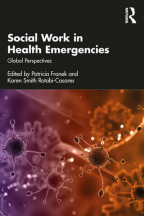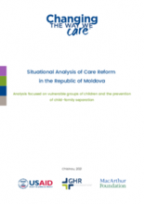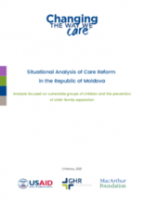A Culturally Sensitive Approach – Annex to the “Safe Places, Thriving Children” Practice Guidance
Increasing migration and a high number of refugees and forcibly displaced people cause an accelerated spread of a large diversity of cultures throughout the world. This results in a more diverse group of young people within alternative care settings and a large new target group, namely unaccompanied children. This evolution brings several challenges. Social workers come into contact with target groups of which they have little knowledge. Cultural barriers are experienced, which can jeopardize the quality of care. This puts care workers in an uncertain position.



